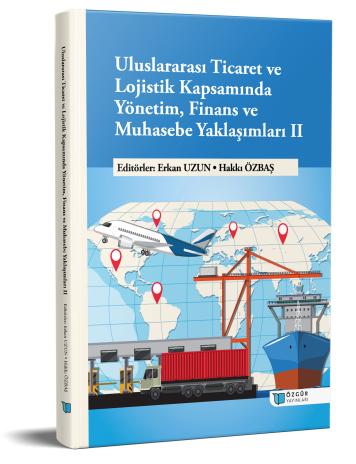
Digitalization and E-Commerce in the Internationalization of SMEs: The Case of Türkiye
Chapter from the book:
Uzun,
E.
&
Özbaş,
H.
(eds.)
2025.
Management, Finance and Accounting Approaches in Scope of International Trade and Logistics II.
Synopsis
Small and Medium-Sized Enterprises (SMEs) play a strategic role in both global economies and Türkiye by contributing significantly to employment and value creation; however, their share in international trade remains limited compared to large enterprises. The rapid expansion of digitalization and e-commerce provides SMEs with new opportunities to overcome traditional market entry barriers and internationalize at a faster pace. Theoretical frameworks such as the Uppsala Internationalization Model, Socio-Technical Systems Theory, Technology Acceptance Model, Network Theory, and the Effectuation Approach help to capture the multidimensional nature of this transformation, while the case of Türkiye illustrates that SMEs, despite their high potential in e-commerce and e-export, make only limited use of these opportunities. Strengthening logistics infrastructure, enhancing public support mechanisms, and improving digital skills are therefore identified as key factors for boosting the international competitiveness of SMEs. By linking global trends with Türkiye’s specific conditions, the chapter provides a comprehensive perspective on the position of SMEs in foreign trade through digital transformation.

